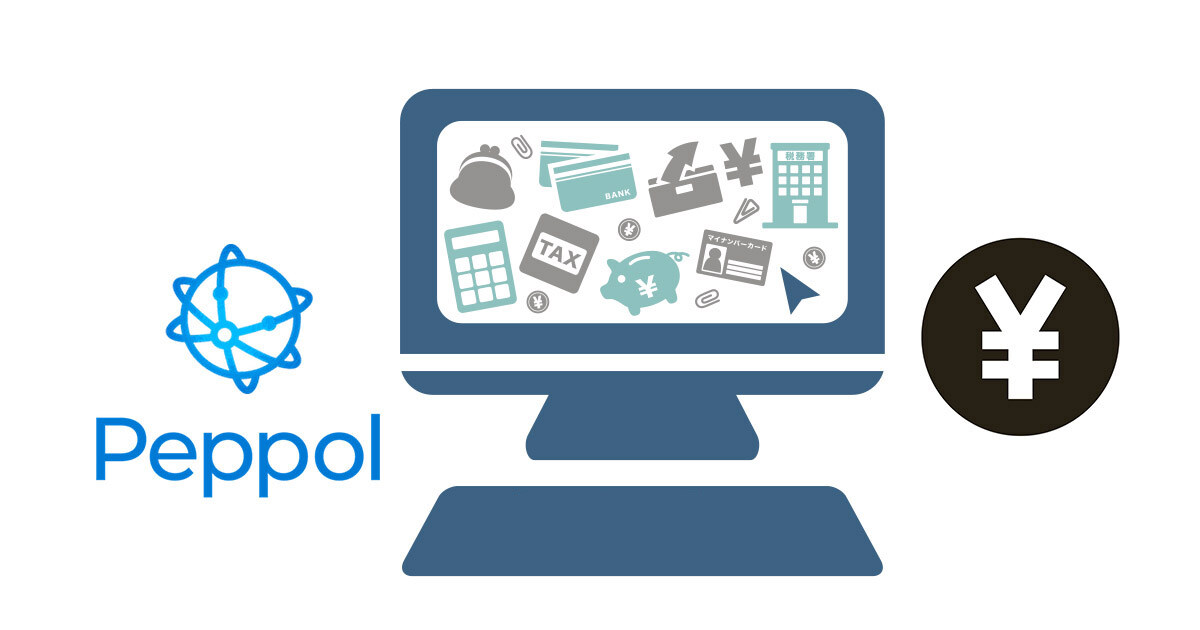Swedish Tax Agency: E-invoices prevent fraud
The one-day conference EFH & Inköp - organized at the Hotel Birger Jarl in Stockholm - covers most things in Purchase-to-Pay, electronic invoice management, e-invoicing and purchasing.
Part of the partner department at InExchange attended the fair. In addition to important networking, they listened to interesting presentations. Among other things, they heard the Swedish Tax Agency advocate mandatory e-invoicing as it would eradicate the problem of fraudulent invoices and prevent other types of financial crime.

The importance of using transaction-based reporting (TBR) and e-invoicing in the fight against financial crime was the theme of the lecture that Fredrik Andersson Carlö delivered in the morning. Fredrik is the team leader for transaction-based reporting at the Swedish Tax Agency.
In his presentation, he highlighted several positive effects that a national transaction-based reporting would produce. With such a tool, the entire transaction chain would be made visible, making it relatively easy to detect fraud attempts and thus deny payments in good time.
- Transaction data could also be used for sampling and investigations, but also for risk analysis and business intelligence. And above all: it would probably create a strong preventive effect, said Fredrik Andersson Carlö.
Billions are lost
But it doesn't stop there. If the Swedish Tax Agency is also given the right to share this transaction data with other law enforcement agencies, additional types of fraud can be effectively combated. Fredrik mentioned, for example, fraud involving wage guarantees, investments and loans. It would also be easier to identify and counter money laundering between companies and make undeclared activities more difficult.
When it comes to VAT fraud, and the VAT carousels that operate within this large-scale criminal sector, there is unimaginable tax revenue being withheld. It is estimated that more than €23 billion was lost across the EU in 2022. In Sweden, the estimated loss is around SEK 3 billion annually.
- Counteracting this crime is therefore of the utmost importance, Andersson Carlö emphasized.

Fredrik Andersson Carlö is the team leader for transaction-based reporting at the Swedish Tax Agency.
So why don't Sweden's rulers immediately take action and make a decision to introduce transaction-based reporting (TBR) in our country? The general answer is that we are talking about a very complex area. It will not be transformed overnight, but as technological developments escalate and the exchange of electronic business documents spreads, a landscape ripe for change is gradually being created.
The European Commission's VAT In The Digital Age (ViDA) proposal appears to be the path to digitization that will eventually make transaction-based reporting a reality. The ViDA package has run into trouble several times, most recently earlier this week, but the Swedish Tax Agency believes that it is a reform that, in addition to the ability to counteract VAT fraud and all types of tax crimes, could also protect serious companies from, for example, subcontractors who engage in undeclared work, money laundering, fraud and scam invoices.
Reporting is based on e-invoice
More specifically, in the ViDA package, the European Commission proposes to implement a structure for VAT reporting (Digital Reporting Requirements) that will work smoothly for cross-border transactions between EU Member States. This reporting is based on mandatory e-invoicing.
The information that taxable persons must provide on each transaction to the tax administration is standardized in an electronic format. Within 10 days of the invoice being issued, the transaction must be reported to the tax authority through a system to be provided by Member States. The tax authority will then transmit the information to a central entity, the VAT Information Exchange System (VIES), under the responsibility of the European Commission.
If the current ViDA compromise is finally approved, without further rewrites, the digital reporting requirement should be in place in the EU by July 2030.

Several representatives of the partner department at InExchange, including Jari Urkko and Jonas Westerlud, were at EFH to network and take part in the interesting lectures.


